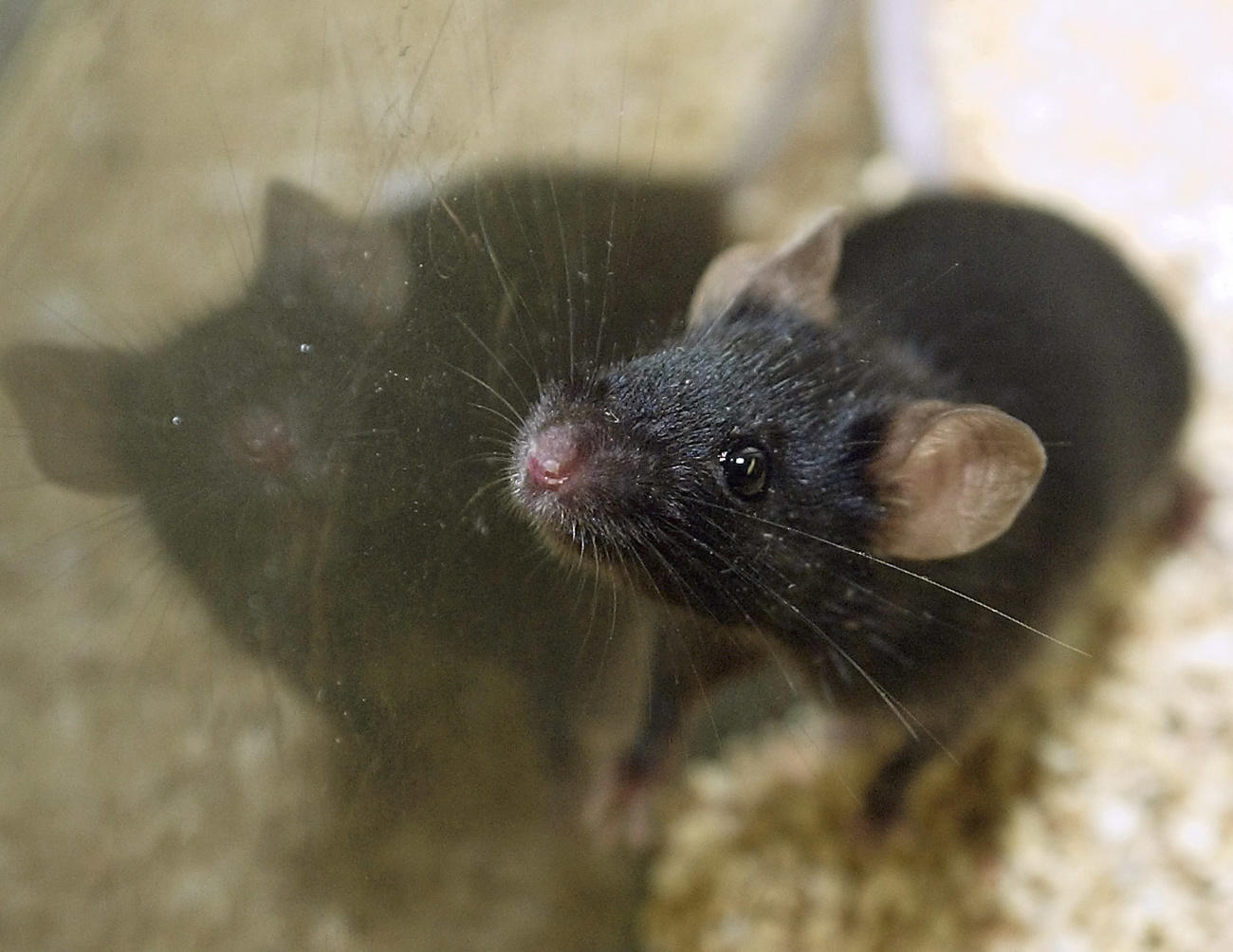
Hundreds of Swiss eateries are seriously unhygienic

Switzerland has seen a big increase in the number of hazardously unhygienic restaurants and snack bars.
According to a report in the SonntagsZeitung newspaper, 789 federal complaints were filed in 2018. In previous years, the average was 560. The federal office for food safety could not explain the sudden increase to the newspaper.
The eateries in question ranged from casual kebab stands to supposedly fine restaurants. The reported violations included dirty equipment, mouldy food in refrigerators, and badly contaminated food served to customers.
According to the report, almost every fifth complaint was a concrete health hazard. In total, the cantons carried out 25,942 checks in restaurant and hotel kitchens that year. In addition to the criminal charges, there were also 4,429 warnings.
However, under Swiss law, the identities of the eateries are not public information.
Rats in a supermarket
Earlier this month, a videoExternal link emerged of rats running through a supermarket at night, knocking over egg cartons and biting into tubes of mayonnaise. While difficult to say how many rodents live in the sewers and drains in Swiss cities, experts say there has been a notable rise in the last few months.

More
More rats spotted in Swiss cities causes alarm

In compliance with the JTI standards
More: SWI swissinfo.ch certified by the Journalism Trust Initiative


























You can find an overview of ongoing debates with our journalists here . Please join us!
If you want to start a conversation about a topic raised in this article or want to report factual errors, email us at english@swissinfo.ch.